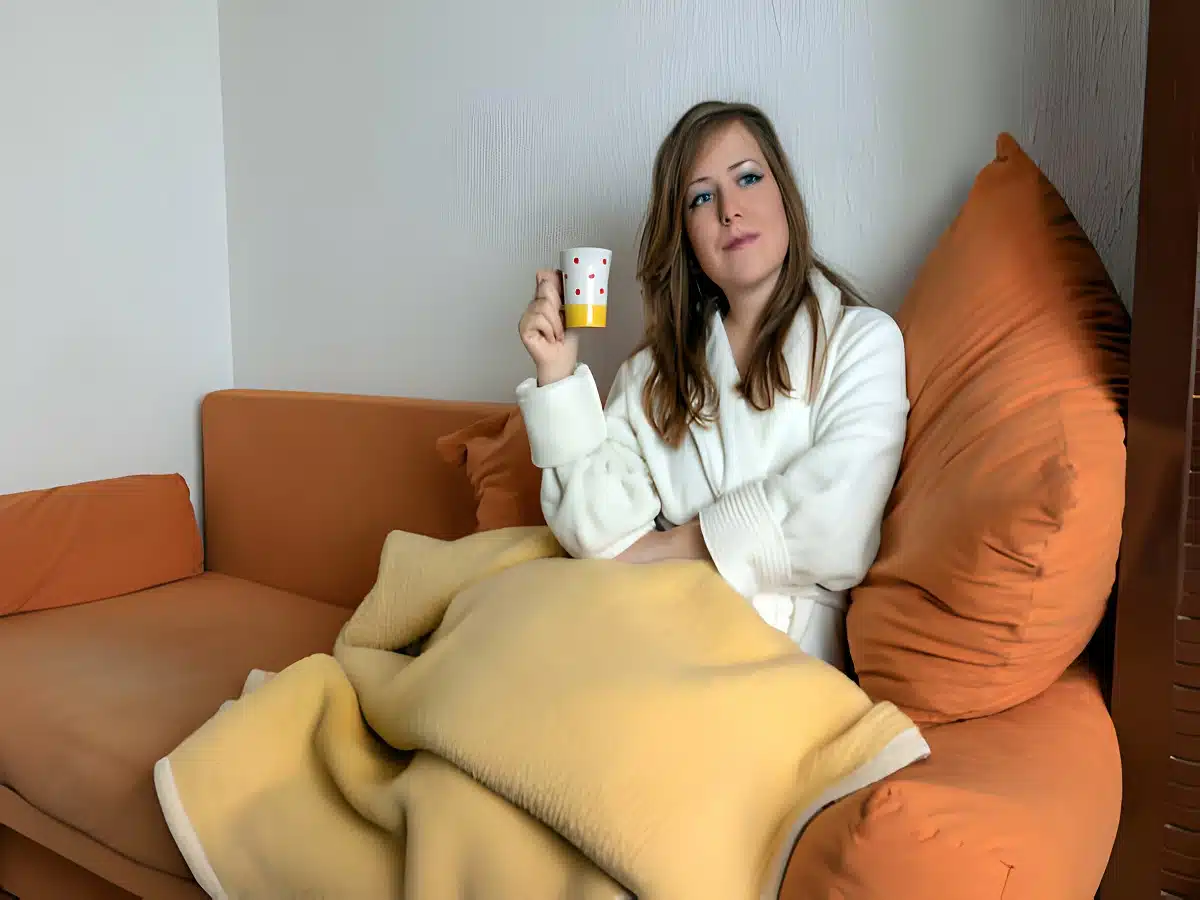Introduction: Depression is a complex mental health condition that affects millions of people worldwide. In this article, we’ll explore if depression can be cured, the effectiveness of treatments, and long-term management strategies.
Understanding Depression:
- Defining depression: Depression seriously affects mental health, causing persistent feelings of sadness, hopelessness, and worthlessness that interfere with daily life.
- Chronic nature: For many individuals, depression is a chronic condition, marked by periods of remission and relapse.
- Impact on life: Depression can affect various aspects of life, including work, relationships, and physical health.
can depression be cured Treatment Approaches:
- Doctors commonly prescribe SSRIs and SNRIs for depression, but they may not work for everyone and can have side effects.
- Psychotherapy: Talk therapy like CBT and IPT helps individuals explore thoughts and develop coping strategies for depression.
- Lifestyle changes: Regular exercise, a healthy diet, sufficient sleep, and stress-reduction techniques complement treatments and boost well-being.
Recovery and Management:
- Many individuals with depression can achieve remission, significantly reducing or eliminating symptoms. Remission may be temporary or long-lasting.
- Relapse prevention: Continuing therapy, medication adherence, healthy lifestyle, and trigger management help prevent relapse.
- Acceptance and self-compassion: Embracing depression and practicing self-compassion are crucial for long-term management.
The Role of Support:
- Social support: A strong network of friends, family, or support groups offers encouragement, understanding, and practical assistance during tough times.
- Professional support: Therapists, counselors, or psychiatrists provide guidance, support, and personalized treatment options tailored to individual needs.
Hope and Outlook:
- While depression may not always be “cured” traditionally, many can effectively manage symptoms and lead fulfilling lives.
- It’s crucial for those with depression to stay hopeful, seek support when needed, and commit to self-care practices.
Conclusion: Effective treatments and strategies offer hope for those with depression. With medication, therapy, lifestyle changes, and support, individuals can work towards remission, prevent relapse, and lead fulfilling lives. Remember, seeking help is a courageous step towards healing, and no one has to face depression alone.





Leave a Comment